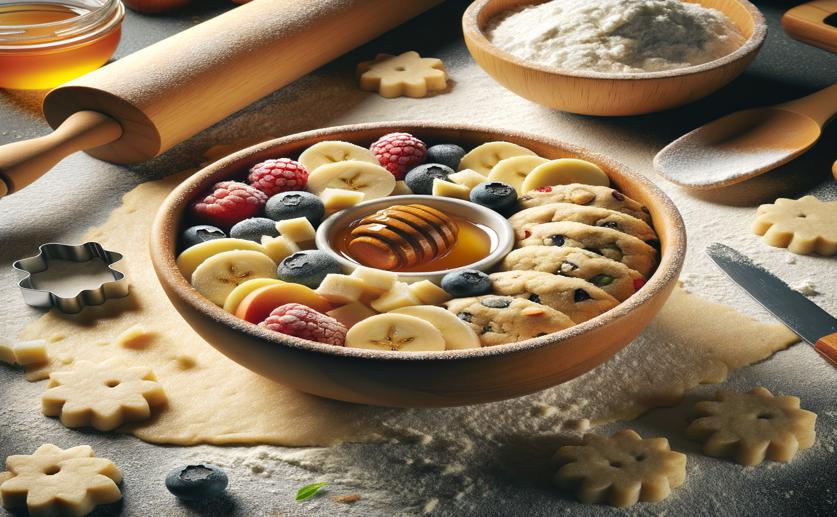
Making Shortbread Cookies Healthier with Natural Sweeteners and Fruit Fiber
Jenn Hoskins
21st June, 2024

Image Source: Natural Science News, 2024
Key Findings
- Researchers at Wroclaw University found that adding fruit pomace to shortbread cookies lowers their glycemic index (GI)
- Replacing sucrose with erythritol in these cookies further reduces their GI
- Lower GI foods help manage diabetes and reduce cardiovascular disease risk
References
Main Study
1) Modulation of the glycaemic index value of shortbread cookies by the use of erythritol and fruit pomace.
Published 20th June, 2024
https://doi.org/10.1038/s41598-024-65108-y
Related Studies
2) Effect of Dietary Glycemic Index on β-Cell Function in Prediabetes: A Randomized Controlled Feeding Study.
3) Application on infrared spectroscopy for the analysis of total phenolic compounds in fruits.
4) Metabolic effects of dietary fiber consumption and prevention of diabetes.
Journal: The Journal of nutrition, Issue: Vol 138, Issue 3, Mar 2008
5) Bioactives from fruit processing wastes: Green approaches to valuable chemicals.



 2nd June, 2024 | Jenn Hoskins
2nd June, 2024 | Jenn Hoskins